If you are thinking of studying History or Ancient and Medieval History at Birmingham, here are some recommendations from Birmingham lecturers to introduce you to theory and historiography, that goes beyond any introductory reading suggested for the Summer.
Ancient and Medieval History V116
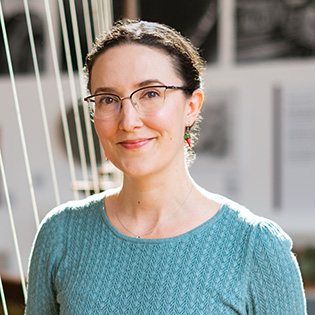
Dr Hannah Cornwell, Lecturer in Ancient History, recommends:
Carr, E. H. 2018. What is History?, London. If you are new to history as a discipline (and even if you are not) this collection of essays (based on a series of lectures Carr delivered in Cambridge in 1961) is a great way into historical theory and the relationship between historical facts and interpretations.
Morley, N. 2004. Theories, Models and Concepts in Ancient History (Approaching the Ancient World), London. An accessible guide to how to use theory to interpret historical evidence in the context of ancient history. Morley surveys a wide range of ancient historical topics including society and economy, the environment, gender and sexuality, and myth and rationality.
Pitcher, L. 2010. Writing Ancient History: An Introduction to Classical Historiography, London. A great introduction to the historiography (i.e. the writing of history) in the ancient world. This is an accessible study for thinking about the relationship between theory and practice in the ancient historians: how we can approach ancient texts as sources of history (or historical data) but also view them as works of literature at the same time.
Dench, E. 2018. Empire and Political Cultures in the Roman World, Cambridge. A new and highly accessible examination of how the Roman Empire worked and was experienced by diverse groups and peoples. Dench outlines a new module for thinking about empire and the interaction and impact of Roman power on local articulations of political identities.
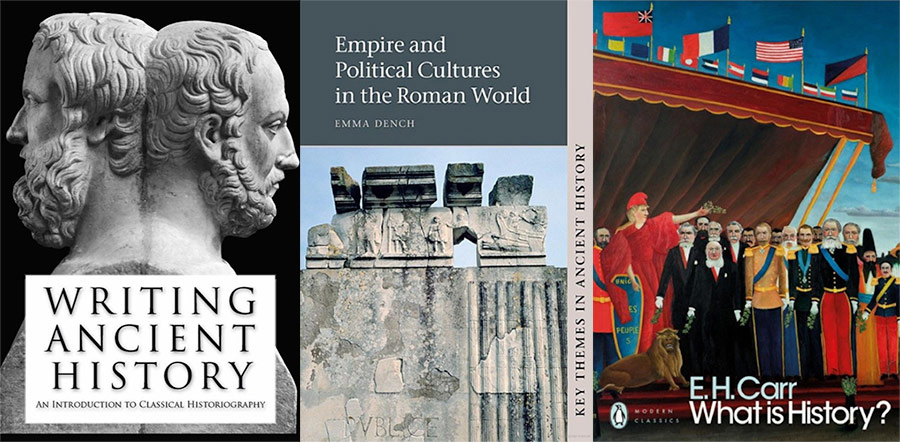
History V100 and Joint Honours History programmes
Jonathan Willis, Senior Lecturer in Early Modern History, recommends:
First off, Diarmaid MacCulloch’s Reformation: Europe’s House Divided is a brilliant introduction to early modern Europe, written by an extremely knowledgeable and engaging historian, and aimed both at a popular and an academic audience. You can pick up the Kindle edition from about £6 or grab a second hand paperback copy from about £3.
Secondly, Hilary Mantel’s Thomas Cromwell Trilogy (Wolf Hall, Bring up the Bodies, and The Mirror and the Light) are really impressive accomplishments, and brilliant, compelling books to read. While Mark Rylance was superb, and the overall production was lavish, I personally found the BBC adaptation of Wolf Hall a bit slow – too many silent pondering looks into middle distance… The addition of Cromwell’s inner monologue make Mantel’s books a much more gripping experience. While definitely historical fiction, these books give a fantastic sense of what it could have felt like to be a member of the Tudor Court at a time of immense political and cultural upheaval and intrigue.
Thirdly, the archive of the BBC Radio 4 programme In Our Time is absolutely packed to the rafters with brilliant historical content – for every period, really, but especially the early modern. For anybody unfamiliar with the format, floppy-haired national treasure Melvyn Bragg shepherds a group of three academic experts through a wide-ranging conversation on a significant topic. Episodes are free to stream or download from the website. Try browsing the ‘History’ or ‘Religion’ categories, but here are some good episodes to start with for the early modern period: ‘The Thirty Years War’; ‘The Book of Common Prayer’; ‘Erasmus’; ‘St Bartholomew’s Day Massacre’ and ‘Calvinism’.
Finally, a bit of self-promotion – together with three early modernist friends from other universities I co-author a blog on early modern history called the many-headed monster. Since 2012 we (and some generous guest contributors) have published more than 330 blog posts on everything from diaries and periodisation through to primary sources and academic life in general, although the general emphasis is on ordinary people and history from below. You can read the latest post, browse by theme, or look at the posts in one of our mini-series or online symposia.
Kate Smith, Senior Lecturer in 18th Century History, recommends:
Maya Jasanoff's work is always insightful, thought-provoking and rigorous in its approach. I would recommend you take a look at one of her earlier books, Edge of Empire: Lives, Culture and Conquest in the East 1750-1850. Here Jasanoff explores how European engaged in imperial projects of conquest, such as the East India Company, collected objects while working and living on the Indian subcontinent. The book examines how such collecting was deeply related to broader imperial processes of conflict, power and accumulation.
If you are interested in Jasanoff's work and her focus on objects (and the processes they illuminate), you might also want to read Jennifer Anderson's brilliant book Mahogany: The Costs of Luxury in Early America. Anderson's work investigates not only the objects made from mahogany in the eighteenth century, but also the material itself. Her book explores the political, cultural, social and economic impacts of producing mahogany in large quantities, particularly in terms of enslaved labour and violence. Anderson also examines the ecological impacts of utilising mahogany, showing us the complex consequences at stake in material processes.
If questions of methodology interest you, you could also look at Carolyn Steedman's Master and Servant: Love and Labour in the English Industrial Age. In this book Steedman asks what it means to research an individual (Phoebe Beatson - an eighteenth-century servant) who is ostensibly absent from the historical record. There are no documents written by Beatson, she only appears through the words and records of others. Steedman asks what might such history do and mean? A great book, that really makes you think about the nature of history and what we do as historians.
David Gange, Senior Lecturer in History, recommends:
As someone who does lots of the department’s teaching about historiographical things, I spend a lot of time thinking about why we write history, and who has traditionally been included and excluded (both as historians and the people they write about). My three favourite books that relate to this are Michel-Rolph Trouillot’s Silencing the Past: Power and the Production of History (its very best chapter is freely accessible here), David Lloyd’s Irish Times and Ariella Azoulay’s Potential History: Unlearning Imperialism. These are all challenging books but are the kind of thing that can genuinely transform how you see the world! Even if you can’t get hold of them, there are essays about them, and YouTube talks by the authors, online. But something you’ll definitely be able to explore straight away is the Global Social Theory website. It introduces key thinkers, and has some similar goals to the books listed above.
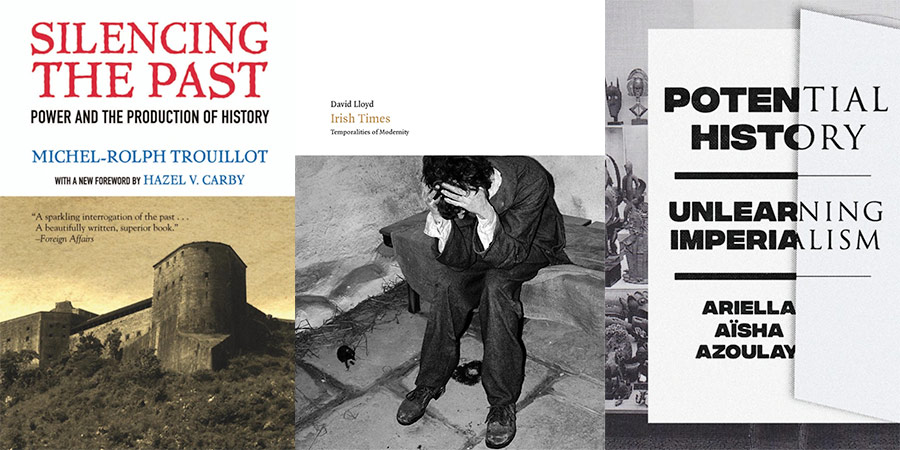
My main area of research interest is coastlines and Atlantic communities. There are lots of excellent websites to explore for the history of, for instance, Scottish coasts, such as https://canmore.org.uk/ (in which I could easily get lost for weeks of imagined travel). I’d recommend looking into the art, film, music and essays inspired by 1950s efforts to find stories of seal people, round Scotland and Ireland, by the BBC journalist David Thomson. You could start with this essay by Seamus Heaney. The Shetland poet, Roseanne Watt, has a wonderful vimeo that’s a great introduction to island traditions. Best of all, though, you could explore one of the languages of the coast – whether the East Atlantic (I’d recommend Scottish Gaelic Duolingo, which is both a great learning device and surprisingly funny) or the West (have a look, perhaps, at a First Nations language of Northern Canada such as Inuktitut, or one rich with oceanic history such as the Caribbean language Papiamentu).
But I’m also a lapsed historian of nineteenth-century Britain, and one of my favourite articles is ‘Clap if You Believe in Sherlock Holmes’ by Michael Saler (also the first chapter of his book As If: a Prehistory of Virtual Reality). Anyone who has enjoyed any adaptation of Conan Doyle’s stories should definitely read it!
Zoe Thomas, Lecturer in 19th Century Britain and the Wider World, recommends:
1) Birmingham Museum Trust's online collections, which are getting better in terms of digitalisation by the day. Looking through the collections 'Topographic Views of Birmingham and the Midlands', 'Birmingham Social History', 'Victorian Radicals', and 'Pre-Raphaelite Paintings' would really help to begin to think through some of the topics you will encounter throughout a degree here - and to explore sources such as paintings which will open up new ways of thinking.
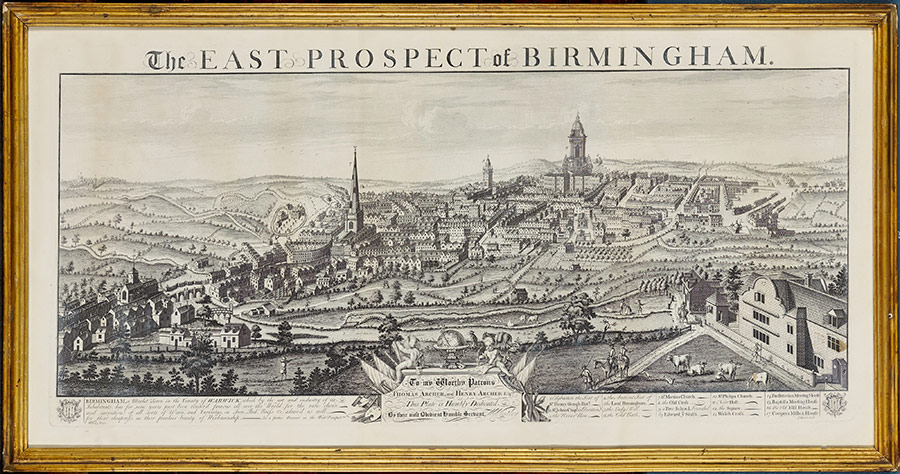
2) 'Mapping Women's Suffrage' is still being developed (in preparation of 2028) but there’s already lots to see there. Provides info and locations of suffrage campaigners across England.
3) If you have access to Netflix, 'Alias Grace' is a fantastic adaption of Margaret Atwood's novel, which tells the history of Irish immigrant and domestic servant Grace Marks who moves to Canada and is accused and convicted of the 1843 murder of her employer and housekeeper. Even better, you could look for the book, which every historian should read at some point. Very thought provoking in the way it blurs 'fact' and 'fiction'.
4) History Workshop Online, the Past and Present blog, and the Women's History Network blog perfect opportunity to begin to engage in 'bite size' versions of exciting, recent scholarship! Often written in a very accessible way. Also, have a look at 'Making Britain'.
Chris Moores, Birmingham Fellow: Modern British History, recommends:
Fiction: Sea of Poppies by Amitav Ghosh and The Luminaries by Eleanor Catton. Very different, sprawling novels about the entanglements of empire, its economics and different types of faith.
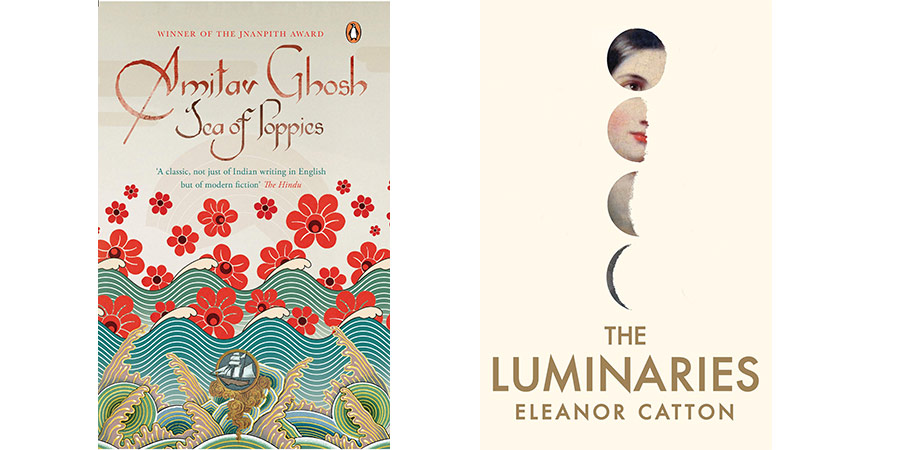
Music: Some historical-minded albums from the shelves. PJ Harvey, Let England Shake (histories of war, state-endorsed torture and the limits of institutions of global governance); Richard Dawson, Peasant (sort of set in the Kingdom of Bryneich c. 400-600 CE but also full of family history, myth and jumbled childhood memory); Darren Hayman, Pram Town (a concept album about the 1950s new town Harlow and the past's vision for the future it represents).
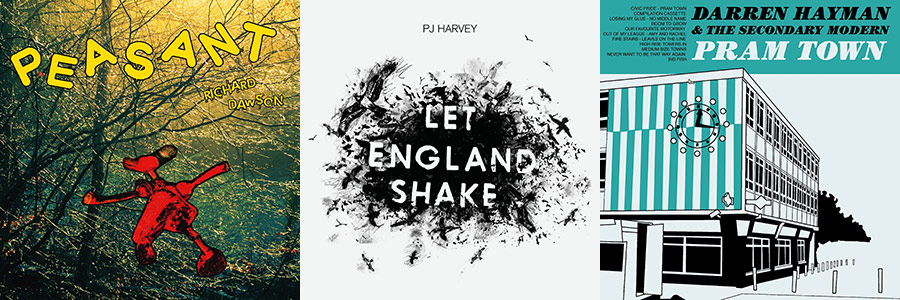
John Munro, Lecturer in United States History, recommends:
For me, any request for recommendations should begin with Leslie Marmon Silko's Almanac of the Dead, Cedric Robinson's Black Marxism, and Edward Said's Culture and Imperialism, since these are among the books that have influenced me most.
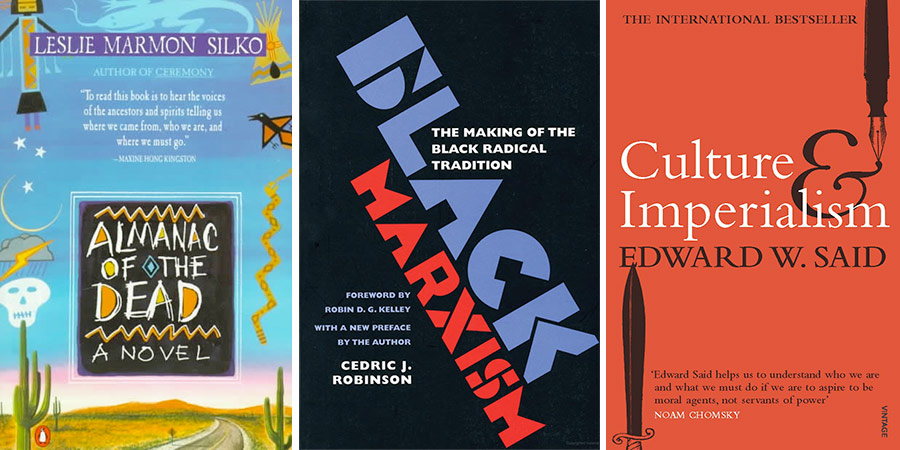
In terms of more recent reading, I've gained much from Glen Coulthard's Red Skin, White Masks, Adom Getachew's Worldmaking After Empire, and Priyamvada Gopal's Insurgent Empire.
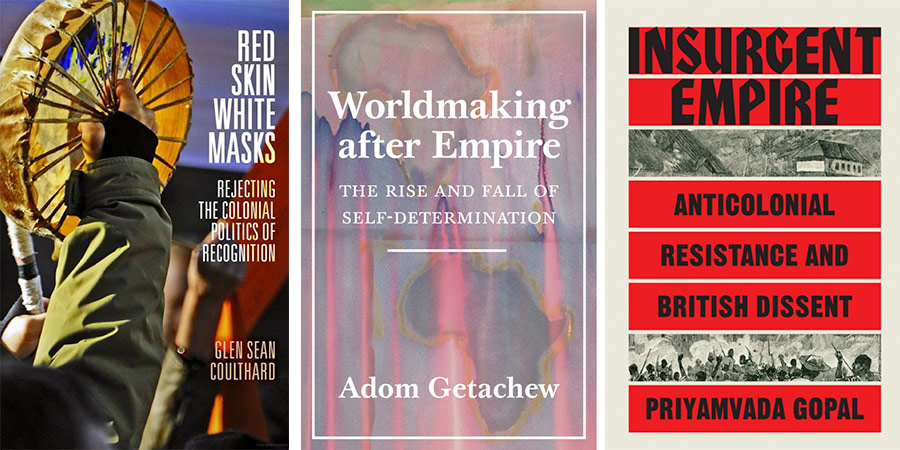
My research interests in histories of imperialism and the Cold War have taken a turn lately toward car culture as an expression of intersecting structures of inequality, and on this topic I've learned a lot from Genevieve Carpio's Collisions at the Crossroads and got some good laughs out of the @Bob_Gunderson Twitter account. For students wanting to think about this issue at a local level, I recommend this informative and insightful "A Tale of Two Brums" essay, complete with some amazing photos.
As someone who's lived in the UK for just under a year, I've also been trying to learn more about the current challenges facing British higher education, and came away with a clearer view after reading historian James Vernon's "The Making of the Neoliberal University in Britain".